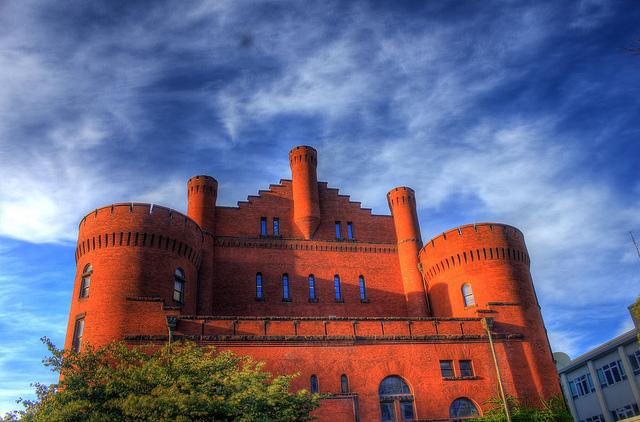Looking for ways to explore connections between religious faiths? The brand-new Center for Religion and Global Citizenry might be just the place for you.
The center unites students of different beliefs, including Christianity, Islam, Hinduism, Judaism, Buddhism and secular humanism to generate inter-religious dialogue at the University of Wisconsin. While the center itself is an educational opportunity for 12 selected students to discuss these issues, the center’s contributions to campus are expected to go well-beyond that room — bringing interfaith conversation to the entire UW community through exciting events, panels and discussions.
But increasing dialogue isn’t the only goal of the new center. In the event of incidents of hate, discrimination or bigotry, the center will provide a unified front for all religious faiths to condemn these actions.
At a moment, when powerful forces aim to fuel religious division and fan the flames of intolerance, it’s crucial that the center serves as a campus headquarters in leading the charge against such sentiments. At times, it can be easy to lose sight of the fact that the overwhelming majority of Jews, Christians, Muslims, Atheists, etc. are good-hearted people who share more similarities than differences. Rather than allow ourselves to be divided by the nuanced distinctions between religions, we must remember that we are a stronger UW and a stronger community when we come together and consider the broader values we all share: Love, tolerance and respect.
Religious venue on UW campus provides environment for faith exploration
Therefore, it’s essential that inter-faith discussions occur on campus. But I do worry that the center’s conversations — thus far — are too abstract and distant to have applicable implications for campus climate. By limiting the center’s actual members to only 12 selected students, what is supposed to be a campus hub for inclusivity and conversation is instead practicing exclusivity and silencing the voices of potential members who applied. While the center is planning to hold at least one campus-wide event this semester and two to three next semester, I wonder if this is really enough to make a significant impact on campus climate.
I urge the center to turn its attention away from conversation among these 12 members and instead focus more on the vital work of expanding these conversations to the broader UW campus through a variety of events.
To do this, I suggest that the center’s events for the broader campus revolve more around traditional foods, dance, arts, cultural celebrations, shared worship services etc. than around facilitated discussion. Through these get-togethers — attracting students of all faiths and backgrounds — students will be able to experience first-hand what is harder to appreciate through preconceived conversation: We are more alike than we are different and, despite our wide variety of faiths, share similar values.
D’cota Dixon finds friends, football, faith during his time at Wisconsin
While tough and deep conversations must absolutely remain a core component of the efforts to form a united UW, I feel that the aforementioned events will prove more successful in positively altering campus climate and will prevent a perception from developing that the center’s work is that of closed-off philosophical discussion among a limited group of elites.
Overall, the Center for Religion and Global Citizenry is exactly what’s needed on our campus. Just recently, the results of UW the most recent campus climate survey revealed that students of certain minority religious affiliations perceived a less-positive campus climate than other groups.
Considering both the sentiments on our own campus and the harmful efforts of some prominent political leaders to evoke religious division, there is no better time than right now to spark inter-religious dialogue. Though the center is in its infancy, the efforts of the center’s members combined with the participation of the broader UW community of students, I know that we can make a positive impact by creating a more unified campus.
David Weinberg ([email protected]) is a sophomore studying political science and finance.





















